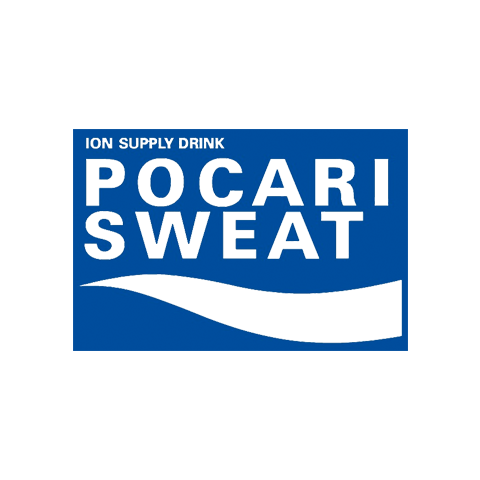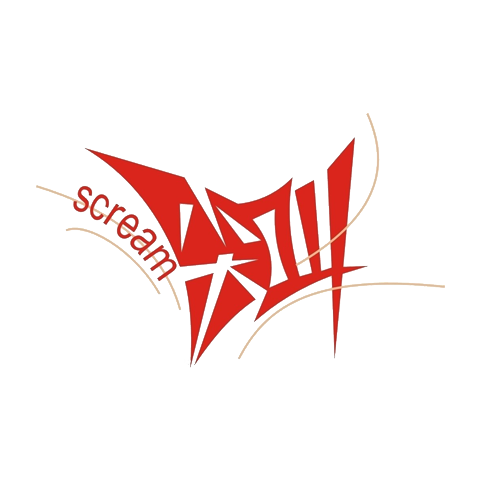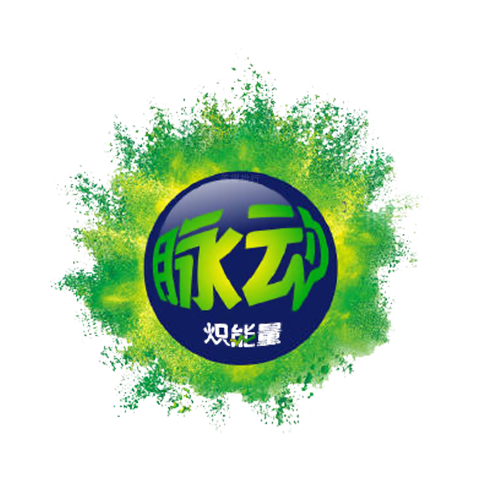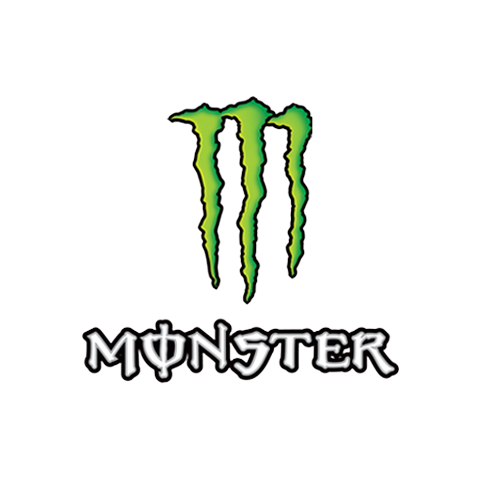Gatorade is more than 50 years old, from the University of Florida professor who developed this electrolyte drink for NCCA players to today's more than 70% share of the North American market. Gatorade, which is owned by PepsiCo, has a taste and impact far greater than its most potent competitor, The Coca-Cola Company's Powerade. Since 1984, it has won the official drink seat of the NBA league that has been coveted by many brands, and the players drinking Gatorade on the sidelines are the most familiar images for fans, and the scene of Pierce spilling a large bucket of Gatorade drink on then-head coach Rivers when the Celtics won the championship in 2007-08 has also become a classic scene in the league, a celebration known as the "Gatorade Shower".
Gatorade has a sodium content of 45mg/100ml in all of its sports drinks, and it has also been "known" for its high sucrose content and high artificial colours – the latter of which gives Gatorade its neon appearance. The three series of Frost, Flow, and Fierce have a full bottle of sugar as high as 35g, far exceeding the World Health Organization's recommended intake of "no more than 25g of added sugar per person per day", which is why Gatorade is also called "sugar water". While it meets the criteria for a low-sodium beverage, it is more suitable for professional athletes or when you sweat a lot of money, such as football, basketball or marathon. Low-intensity exercise, such as about an hour of running and fitness, or if you do not exercise, is not recommended.
Although the sugar content remains high, the taste still crushes many peers, and it is basically difficult to step on the thunder of more than ten flavors. Frost is cold and crisp, Flow has a softer taste, while Fierce is the opposite, it does not intend to hide the rich sweetness and fruity aroma, and it is drunk as if you are eating grapes, melons or a basket of berries, all three series are priced at 591ml/5 yuan.
In the pursuit of healthy eating, Gatorade's sales have also taken a huge hit. Promoting a healthier image has become the new strategic correctness, and Gatorade has been adapting its products one after another. The G Organic series is labeled as organic, and the ingredients are changed to organic cane sugar and organic natural flavors, and the price is about 12 yuan, but in order to ensure the orthodox taste of sweet and slightly salty, the sugar content has not been reduced too much, which obviously cannot meet the needs of consumers for low-sugar drinks. The subsequent launch of the G2 series, the amount of sugar reduced to 7g per bottle, the taste is relatively light, there is no strange aftertaste of sugar substitutes, the capacity is reduced from 591ml to 355ml, and the price is about 4.2 yuan.
Seeing Powerade's sales double after launching a zero-sugar version in 2008, Gatorade finally launched G Zero a decade later. Compared to the terrible taste criticized by its rivals, G Zero has clearly found a way to balance the unsavory electrolytes and sugar substitutes, it has a smooth and clear mouth, and even tastes better than the sugared version, and costs around 7 yuan.
At present, only one Original version has been introduced in China, priced at 5.5 yuan for 600ml, and the sugar and electrolyte content are the same as those of the Gatorade Lego series. The three flavors of ice lime, orange flavor and grapefruit are thicker and stronger than other domestic products such as pulse, with a fragrant aftertaste, no irritating strange taste, and more smooth, but it is more greasy to drink at room temperature without exercise, and it is recommended to drink it after chilling.
It is worth noting that choosing a drink with a high concentration of electrolytes is not necessary for the average person. The appropriate daily sodium intake for adults over 18 years old is 2200mg, which can already be obtained in a normal diet, and long-term high sodium intake will increase the risk of stroke. Therefore, we recommend that exercise for less than 1 hour, or exercise for the purpose of fat loss, do not need to supplement sports drinks; For endurance exercise that is more than 1 hour long, sweats a lot and has a high temperature in the exercise environment, you can supplement sports drinks in moderation.
Hydration should follow the principles of maintaining water balance and drinking small amounts more often, that is, generally maintaining the same weight before and after sweating. Specifically, supplementing 200-300 ml before activity can help prevent dehydration and gastrointestinal dysfunction during activity; Supplement about 100 ml each time during the activity can prevent the decline of physical strength in time; Replenishing 200-300 ml in time after activity can speed up recovery.












